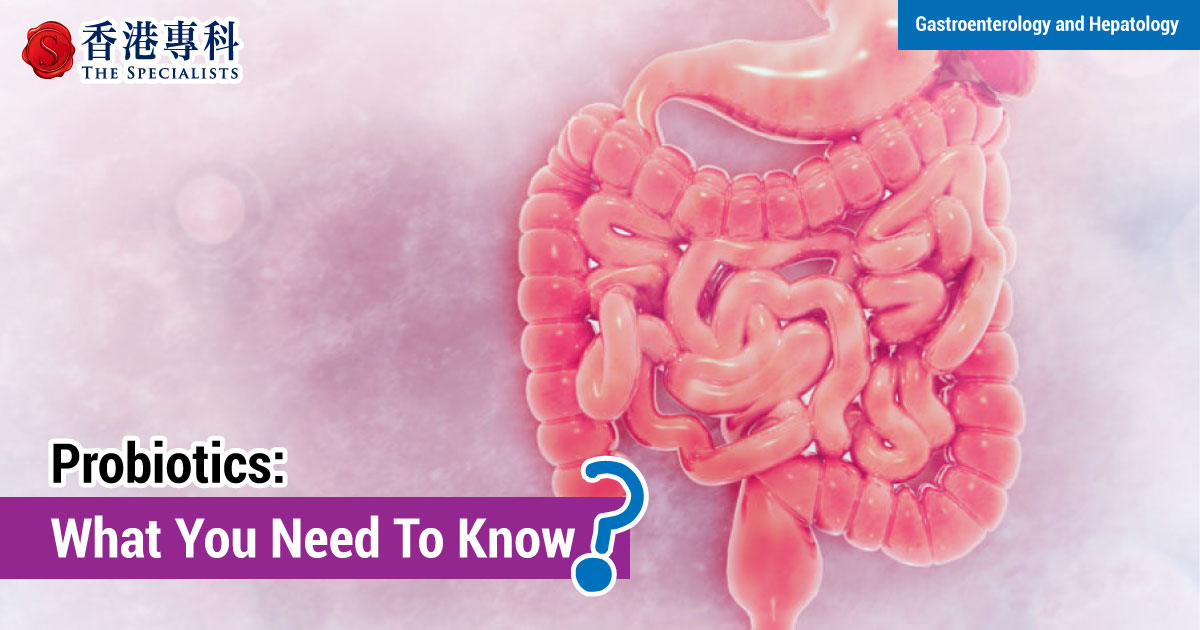Probiotics: What You Need To Know

Benefits of using probiotics in anticancer therapies
The definition of probiotics identified by FAO and WHO is the live microorganisms which when administered in adequate amounts confer a health benefit on the host. According to a research carried out in the 1970s, probiotics may help lower the risk for several cancers including breast cancer, pancreatic cancer, colorectal cancer, and bladder cancer.
Can probiotics help with constipation?
Some probiotic supplement declares to be effective at relieving constipation. However, there is no official guideline demonstrating the efficacy of using probiotics in constipation treatment. Although Bifidobacterium lactis is recognised as an effective remedy to help alleviate constipation, the evidence is still not totally definitive in many cases of toddler constipation. Therefore, using probiotics as a treatment option for constipation is not determined.

Can probiotics treat decrease gastroenteritis?
Probiotics can help with infants and toddlers suffering from acute infectious gastroenteritis, especially the acute watery diarrhoea. If the patient is diagnosed of viral gastroenteritis, he/she can take Saccharomyces boulardii or Lactobacillus rhamnosus at the earlier stage. It should be reminded that probiotics will not cure gastroenteritis. The rehydration solutions are essential in these cases.
Can probiotics relieve the infantile colic?
The use of Lactobacillus reuteri can be therapeutically effective for colic, as shown in some international research. However, there is no clear evidence that probiotics are truly effective in treating colic. Colic is common among babies. Doctors will combine certain treatments, instead of only using probiotics, to help maximize the result.
Can probiotics boost your immune system?
People are born with an immature and adaptive immune system, which matures and develops as he or she grows. The intake of Lactobacillus rhamnosus GG (LGG) has been proven effective in promoting growth of specific pre-existing intestinal bacteria and has benefits for immunity.

Who should be taking probiotics?
- Artificially fed infants with low immunity, premature infants, low birth weight infants, and newborns delivered by c-section, need to take extra probiotics to promote intestinal absorption and increase immunity.
- For people with constipation and diarrhoea, probiotics can promote regular bowel movements and maintain a beneficial balance of bacteria in the colon.
- For middle-aged and elderly people whose intestinal function is gradually weakened. The probiotic supplementation is a beneficial for health.
- People with congenital lactase deficiency may have abdominal distension and diarrhoea due to a lack of carbohydrate enzymes or when lactose cannot be broken down. Appropriate supplementation of probiotics has a good effect.
There is no evidence to suggest that the benefits are greater when more than one probiotic strain is used. The right dose of probiotics is advisable for keeping healthy.
*The above information is for reference only, please consult your doctor for detail.

 3405 8288
3405 8288
